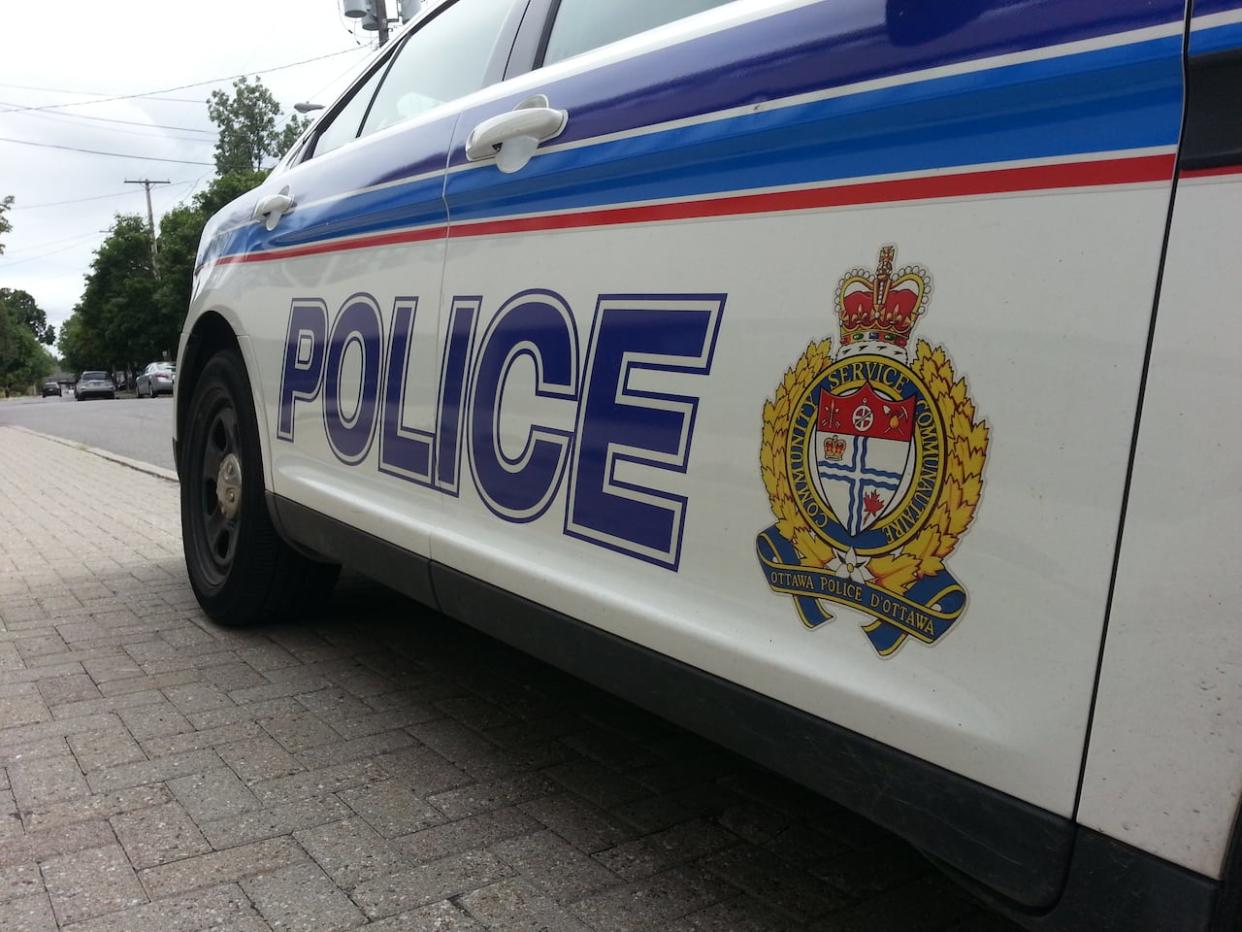Police on mental health calls can spend hours waiting in hospital. This pilot could help

Special constables will soon take over for some sworn Ottawa police officers who spend hours in waiting rooms with people apprehended under the Mental Health Act.
The idea has the support of at least one mental health expert who hopes the new hires get the training they need.
Right now, two sworn police officers must maintain custody of anyone apprehended under the Mental Health Act and waiting to be evaluated — a process that routinely takes hours.
"As we all know, the emergency rooms are very busy and we wait a number of hours before we can present the client to a physician as legislatively we are required to do so," Ottawa police Chief Eric Stubbs told CBC.
"Having three or four or five ... sworn police officers at these hospitals for hours is not a good use of their time, or taxpayers' money."
Stubbs said having one of the officers replaced by a special constable will free up sworn officers to respond to urgent calls.
Special constables are also paid less than sworn officers, which will reduce some financial strain, though Stubbs insisted that was not a main consideration.
"It's not a windfall for us. This is not the major reason for this pilot," he said. "It's strictly to get our members back on the road quicker."
The six-month pilot will employ four special constables, with an equal number trained as backfill. When they're not helping out with mental health calls, they will do traffic control and help with other tasks such as paperwork.
Ottawa Police Service Chief Eric Stubbs says mental health calls have grown in recent years and add pressure to the police force. (Adrian Wyld/The Canadian Press)
Special training needed, says expert
Ottawa's average hospital wait time exceeds the provincial average, with patients spending between 2.6 and 3.9 hours waiting to be assessed.
Rachel Bromberg is the executive director of the International Crisis Response Association, an organization that's helped municipalities in Canada and the U.S. develop alternative crisis response models.
She said people struggling with mental health issues can expect to wait nearly twice as long as other patients.
"They're not the first people getting seen. The person who is having a heart attack or has been in a car accident, those are the people who are the first people getting seen," said Bromberg.
"That ends up being a huge amount of time and a huge amount of police resources that are spent sitting in a hospital emergency room with someone for five or six hours."
It's going to be essential for [special constables] to build rapport with them and show them they're there to help. - Rachel Bromberg, International Crisis Response Association
The special constables will receive "de-escalation" and "use of force" training, but Bromberg hopes they will be equipped with other tools to help people in a mental health crisis remain calm.
"A hospital emergency room at the best of times is overwhelming. It's bright, loud, all of these things while being surrounded by lots of people in various stages of distress," said Bromberg.
While special constables typically don't carry a firearm, they do wear a uniform, and Bromberg said that can feel intimidating for some patients.
"It's going to be essential for [special constables] to build rapport with them and show them they're there to help."
2nd pilot set for Centretown
Bromberg said interacting with police can make people in crisis and their loved ones feel criminalized, which is why many municipalities including Ottawa are experimenting with an alternative response.
Mental health experts are currently developing a pilot for Centretown, which will create a new phone number and dispatch system. Depending on the call, crisis worker will attend the call instead of police.
A similar program underway in Toronto is being expanded across the city.
It's so far diverted 78 per cent of calls from police, results Stubbs said he'd like to see replicated here.
"I'd be ecstatic, to be frank," he said. "We want to see a decrease."
But Stubbs and Bromberg said it would be unrealistic to imagine a scenario where police are not needed on some calls, particularly if they involve alcohol, drugs or weapons.
"It's important to emphasize the crisis team will not be going to calls that are violent or dangerous," Bromberg explained, emphasizing that those are just a sliver of the overall calls.
"People have this really strong association between mental illness and violence, I think because people have a really strong association with violence and police," she said.
"They assume, 'Oh, those people must be violent, those people must be dangerous.' And the data shows that just isn't the case."


